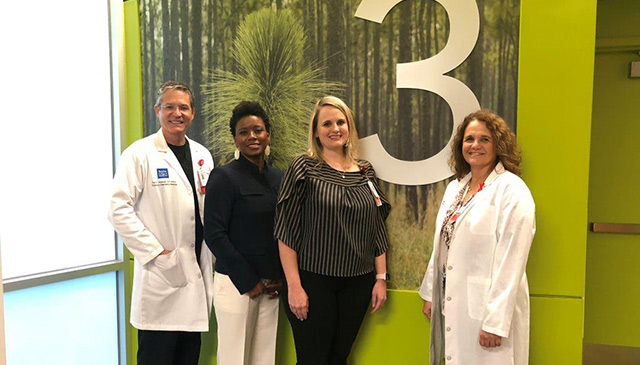
Texas Children’s Hospital The Woodlands has marked another significant milestone with the recent Level III designation of its 14-bed Neonatal Intensive Care Unit.
The designation by the Texas Department of State Health Services (DSHS) comes as a result of legislation passed in 2013 requiring Texas to establish and implement neonatal and maternal level of care designations by March 1, with the intent of ensuring that neonatal intensive care units have the resources and expertise to provide high-quality patient care that leads to the best outcomes for newborn patients and their families.
Texas is one of the first states requiring NICUs to undergo a site visit by the American Academy of Pediatrics’ NICU Verification Program to verify the level of care provided to patients meets the Neonatal Levels of Care classifications as defined in the Texas Administrative Code. Completing the designation process is a requirement to receive Medicaid reimbursement for neonatal services.
Texas Children’s Hospital The Woodlands underwent its first site visit in April. The Level III NICU designation was announced this month.
“This is an impressive accomplishment in our 17 months of operations and validates our commitment to providing world-class pediatric care to The Woodlands community and beyond,” said Ketrese White, director of Patient Care Services in The Woodlands. “The surveyors emphasized how impressed they were with our accomplishments to date and how well our team performed during this rigorous process.”
A level III NICU designation must provide care for mothers and comprehensive care of their infants of all gestational ages with mild to critical illnesses or requiring sustained life support, provide for consultation to a full range of pediatric medical subspecialists and pediatric surgical specialists, have the capability to perform major pediatric surgery on-site or at another appropriate designated facility, among many other criteria. View the full list of level III Neonatal Levels of Care classifications here.
“Babies born prematurely and those who are critically ill require highly-specialized resources and 24/7 multidisciplinary care in order to have the most optimal outcome,” said Dr. Lisa Owens, medical director of The Woodlands NICU. “This designation helps ensure neonates are treated in the right level of NICU and thereby receive high-quality care.”
Susan Romero, assistant clinical director of the NICU in The Woodlands, said receiving the designation was a true team effort that involved team members from across the hospital.
“It’s a tremendous honor to be associated with such a wide-range of expert care,” she said. “Such an accomplishment shows a tremendous amount of work and planning.”
To learn more about Texas Children’s Newborn Center, please visit www.texaschildrens.org/newborn.


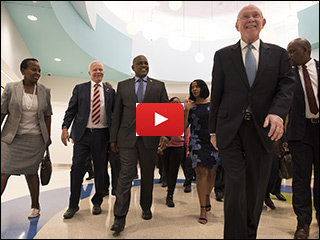



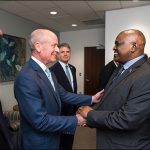

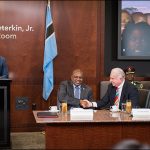
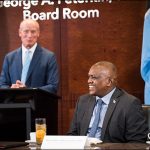

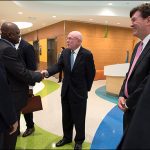
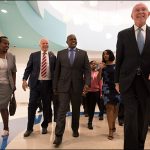
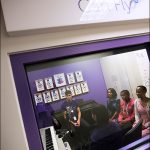





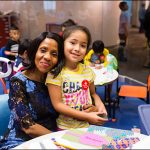
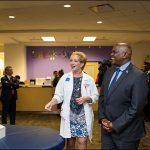
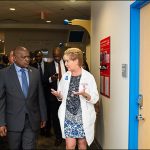
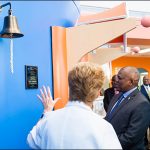






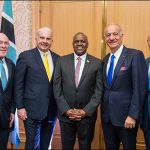
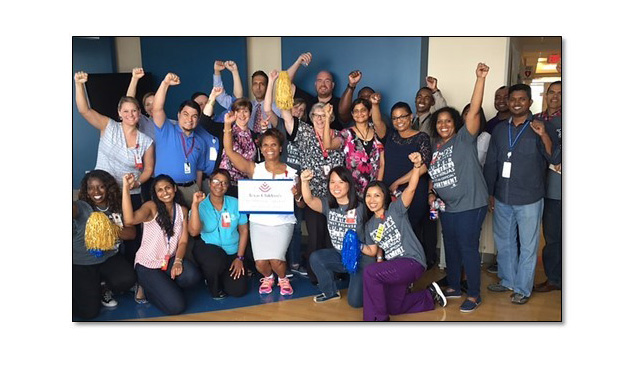
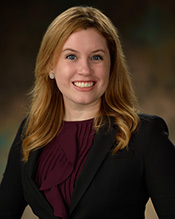 Julia Sigren, July – September 2018 Leader
Julia Sigren, July – September 2018 Leader




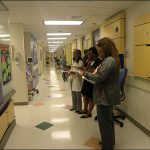
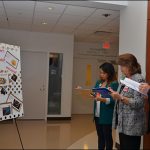
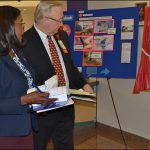
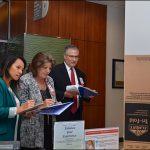
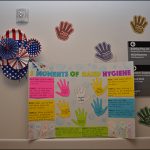
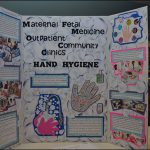
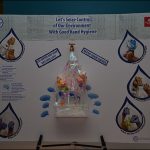




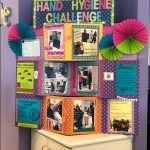


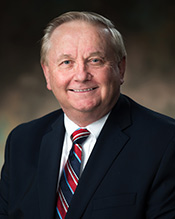 Bert Gumeringer, Vice President, Facilities Engineering & Support Services, is now the Texas Children’s Environment of Care Safety Officer. In accordance with Texas Children’s policy #331 as the EOC Safety Officer, Bert Gumeringer is authorized to take action necessary to assure a safe working and patient care environment in this capacity, he has full access to all personnel and facilities in order to identify and correct safety hazards.
Bert Gumeringer, Vice President, Facilities Engineering & Support Services, is now the Texas Children’s Environment of Care Safety Officer. In accordance with Texas Children’s policy #331 as the EOC Safety Officer, Bert Gumeringer is authorized to take action necessary to assure a safe working and patient care environment in this capacity, he has full access to all personnel and facilities in order to identify and correct safety hazards.